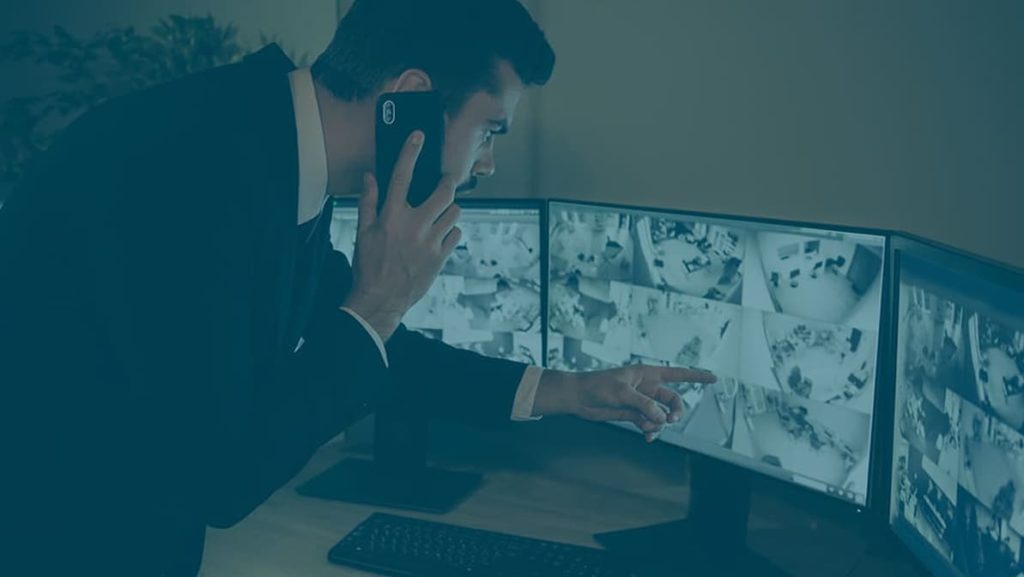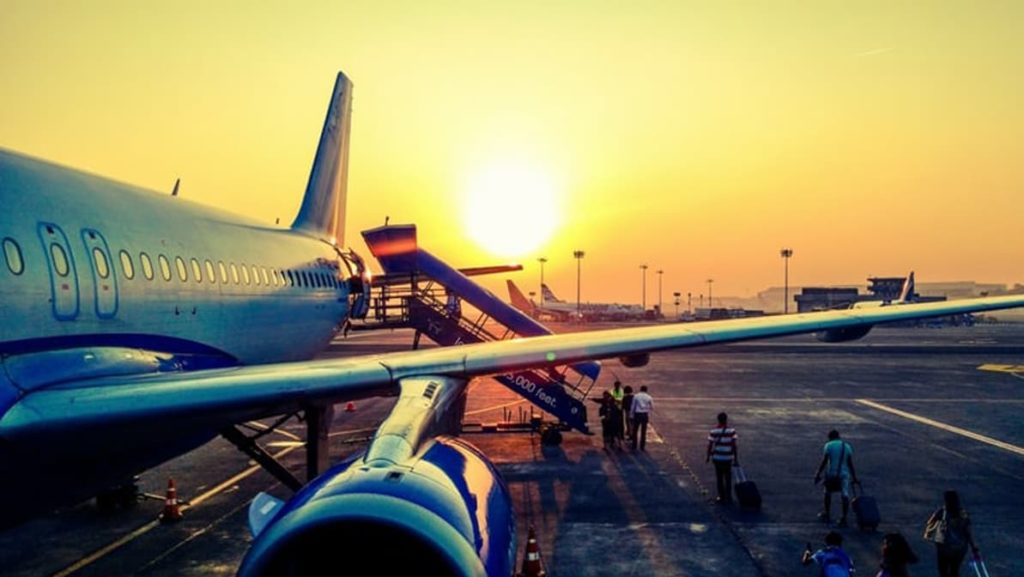As security firm owners are currently adopting new strategies to ensure safety and security in this new normal, how have they determined what will work and what won’t? Here are 3 ways technology can help determine what works, what doesn’t, and why.
1. Training Basics: How Training Can Adapt to Changing Times and Needs
Security guards need to be trained on procedures when it comes to emergency situations such as a terror attack, machinery malfunction, fires, natural disasters, etc. Each of one of these events require precise training to mitigate or better yet, avoid the worst-case scenario.
It’s essential that guards understand shifting threats and risks they may face while on duty. For that reason, guard training must be highly customizable, timely, well-documented (for review), and tracked for accountability.
What Works:
During an emergency, such as the pandemic, guards diverted to where they are needed most must be trained to handle crowd control and escalation, to name a few training fundamentals – not to mention disaster-specific training, such as training to maintain guard health in recognizing COVID-19 symptoms and training to protect themselves, and the public, from exposure.
Few companies and organizations may need additional guarding services, such as supermarkets and hospitals. The public may fear an impending food shortage. If so, supermarkets and large chain stores will become a target for high-risk.
This is where de-escalation training kicks in. Guards must help maintain peace and, most importantly, mitigate violence – and must do so while having been trained to handle potential escalation.
2. Guard Tour Basics: Tech Can Mitigate Guard Tour Discrepancies and Improve Guard Accountability
How can we ensure guards are properly trained? And how can training be updated at a moment’s notice during fluctuating critical events?
What Works:
Although it may be obvious, there are three essentials your team must be trained to know for proper response:
- Post order management
- Reporting best practices
- Supervisory communication
Post Order Management
Depending on your operation’s post order protocols, it’s downright embarrassing when guards don’t understand their tasks during a tour.
A digital post orders app will aid in distributing workforce instructions as they occur in real-time (what’s real-time?) – that way, guards will always have up-to-date instructions and procedures.
Reporting Best Practices
At the end of the day, guard activities and incidents must be logged and tracked – this isn’t just for attendance and accountability but an essential part of compliance and overall risk mitigation.
Only customizable guard reports can help streamline communications between you and your supervisors. This means training on exactly what you want your guards to document, including time-stamped photos, audio, GPS location, and notes.
Supervisory Communication
Supervisors need to be trained on how to properly follow up incidents reported by your guards. Yet, scrambling to find the right pieces to an incident is avoided when reports are automatically set to an assignee when guards complete them.
3. How Guard Tour and Training Together Can be Enhanced with Tech
Here are 2 reasons why guard tour and training are best applied together:
Teams Can Mitigate Violence, Conflict, and Harmful Miscommunication
Situational awareness for any security company owner requires strong vigilance when monitoring for relevant risks to both business and operational environments. This is compounded when your team is remote and is operating in this new normal.
When it comes to implementing different forms of communication, it’s important to use the mode best suited for your team to deliver clear and concise communication.There are a few approaches security firms have taken under consideration: written communication in a digital form, such as mass notifications/messaging, and verbal, mobile communication, such as a phone call or Push-to-Talk (PTT).
PTT remains one of the most effective ways supervisors can immediately communicate with guards in the field.
Guards Will be More Accountable for their Actions
When your team has effective communications across all areas, it ensures that your orders are understood, acknowledged, and completed with accuracy.Guards working on sites that require physical supervision due to contract or location requirements must adhere to state, federal and contractual orders.
In order to know that your guards are being accountable, proper guard tour tracking during shifts will let you know if guards are properly and safely completing duties, if guard tours are incomplete, or if an incident occurs.
One thing is clear – when guards are trained properly, your team can avoid miscommunication mishaps and hardships. When coupled with the benefits technology offers, your team will be up to speed with essential problem solving techniques for public safety and security.



